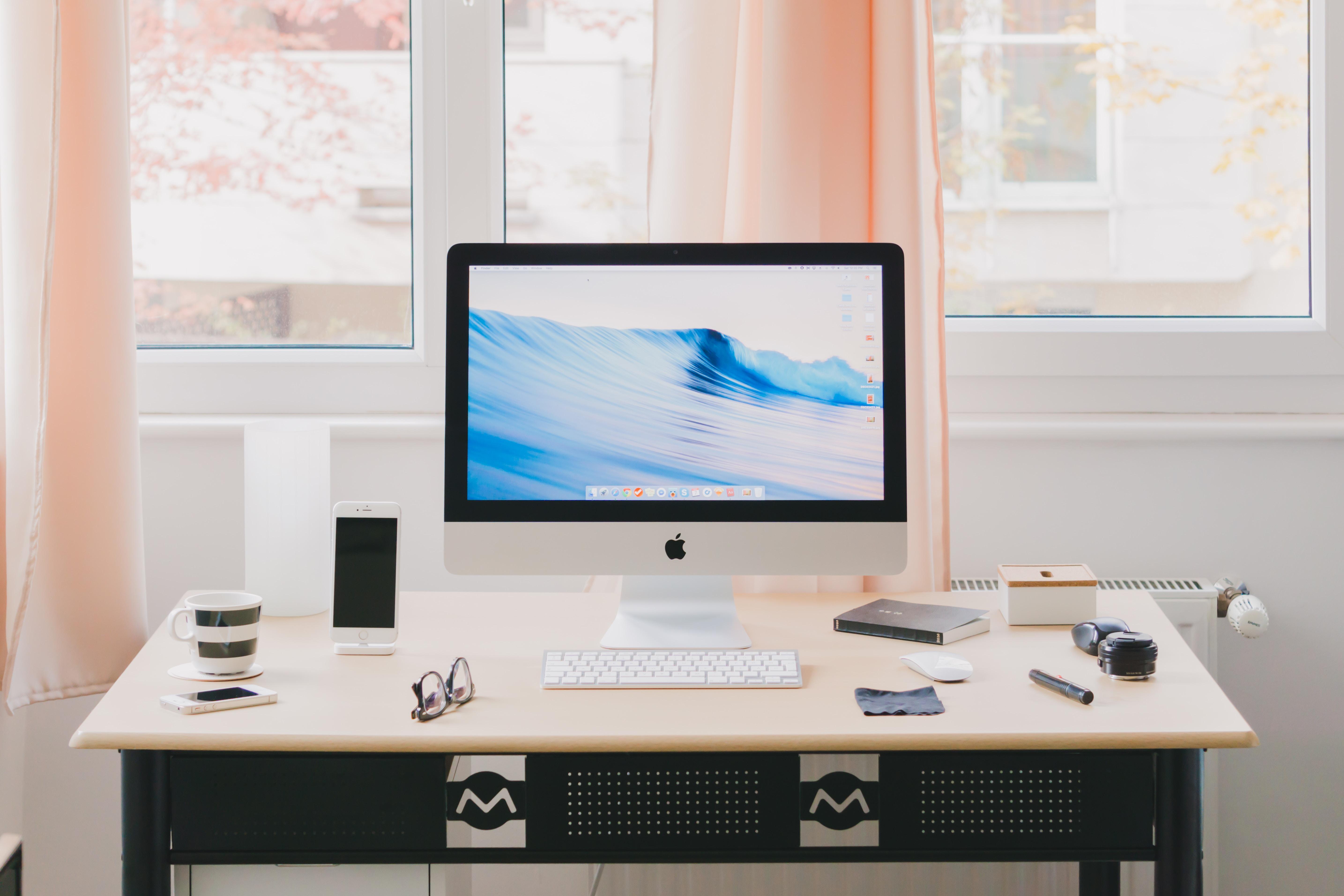
photo credit: Photo by Norbert Levajsics on Unsplash
Too Much Screen Time? 5 Tips to Help Eye Strain
By Jamie RolloJan. 17 2019, Published 4:56 p.m. ET
As a writer and frequent Sims player, I spend a good portion of my day in front of the computer screen. Unfortunately, that leads to many migraines and eye-straining. Computer Vision Syndrome is a real and actual thing believe it or not. CVS, similar to carpal tunnel syndrome, is caused by repeated movements. While in front of the screen, our eyes are constantly focusing and refocusing causing repetitive strain. This can cause issues such as blurred vision, double vision, dry/red eyes, eye irritation, neck and back pain, and of course headaches. Here are tips to relieve the strain of looking at the screen all day:
Lower your brightness and use “nighttime” settings
Lowering the brightness or adjusting color temperature on your device can help your eyes. Quick science lesson: computers mainly use blue light, which has a short wavelength causing eye strain. It is easier on the eyes to process orange tones due to their longer wavelengths. On Mac products, there is an option to adjust your device to “nighttime shift”, which eliminates blue light. Because of my excessive computer use and proneness to migraines, I keep my devices on nighttime shift almost all the time.
Take small, frequent breaks
It is important to get away from the screen as often as you can while still being productive, which can be a challenging balancing act especially if you already have a headache. An easy, quick break is to use the 20-20-20 method. Basically, every 20 minutes you should look at something 20 feet away for 20 seconds.
Try to lessen your total screen time
If your job requires mass amounts of screen time, which most do, it is so important to make sure you’re not absorbed into your screen when you’ve clocked out. That means limiting phone use too. It can be hard with social media’s addictive qualities, but for the sake of your eyes, it is worth it.
Clean your monitor
Dust and smudges on your computer screen can cause further eye strain. The particles can reduce your monitor’s display sharpness, making your eyes work even harder than they already are. Make sure to clean your monitor regularly using screen cleaner.
Get your eyes checked regularly
Your eyes can be working really hard to see, and you may not even know it. Make sure you are getting your eyes checked frequently to ensure that you don’t need glasses or a better prescription. Working on computers without glasses when you need them will exaggerate the symptoms of CVS.

